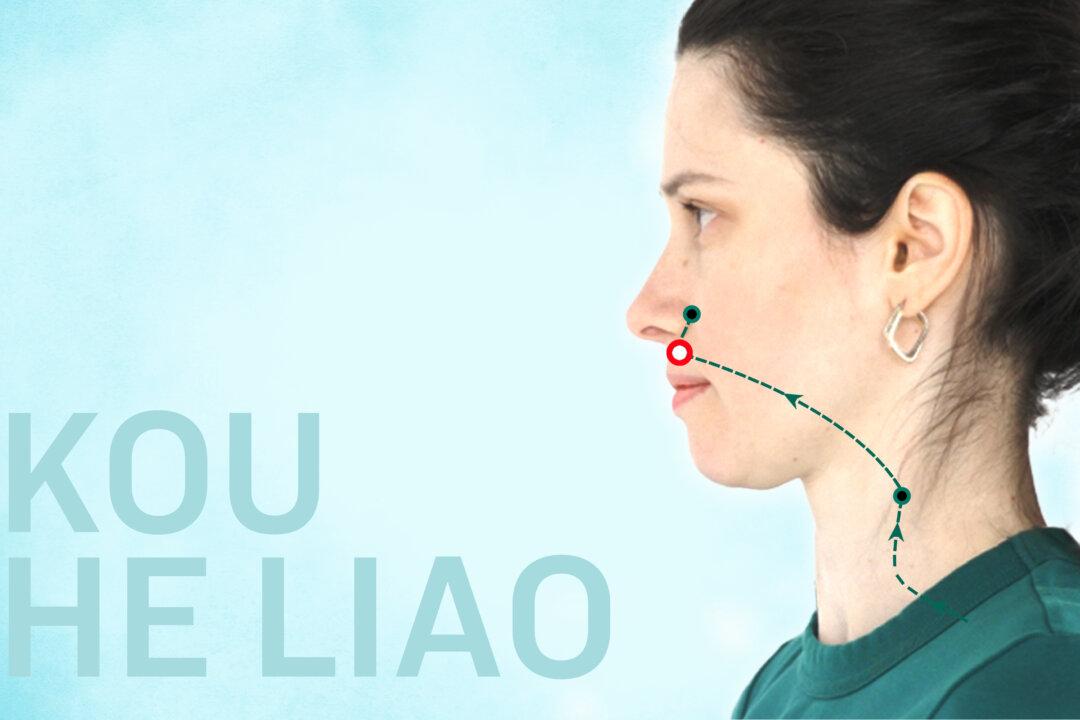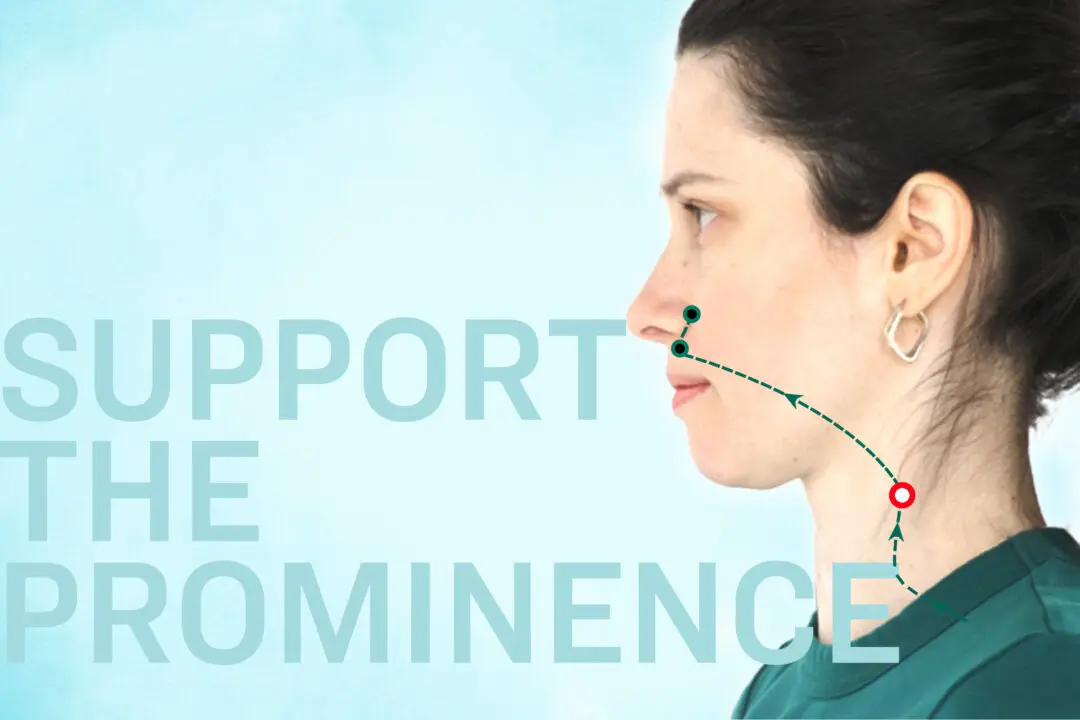A solar term is a period of approximately two weeks based on the sun’s position in the zodiac. There are 24 solar terms in a year, which make up the traditional Chinese calendar system used to guide farming and everyday life. The calendar contributes to the ancient Chinese philosophy that living in accordance with nature will enable a harmonious life. This article series delves into each solar term and offers guidance on how to navigate the changes of season in order to live happier and healthier.
Solar Term: Autumn Begins






